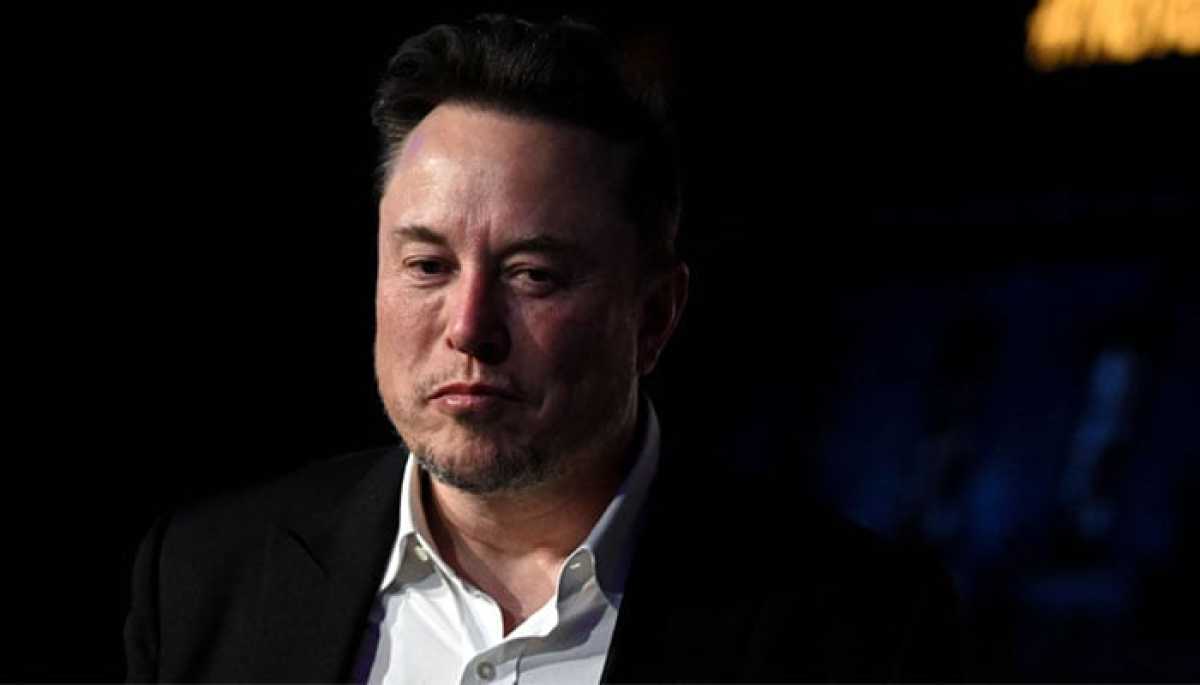Business
Elon Musk’s $55.8bn Pay Deal Annulled by Delaware Judge

A judge in Delaware has ruled that the $55.8bn pay deal awarded to Elon Musk by Tesla in 2018 should be cancelled. The lawsuit, filed by a shareholder, argued that the payment was excessive. Judge Kathaleen McCormick stated that Tesla directors who negotiated the deal were influenced by Musk’s “superstar appeal” and did not fully inform shareholders, calling the size of the package “unfathomable”. The ruling makes this pay package, the largest ever in US corporate history, null and void. Musk’s compensation had been tied to performance targets, but he does not receive a salary.
Richard Tornetta, a Tesla shareholder, launched the legal action against the company, arguing that shareholders were not given enough information about how easily Musk’s performance goals could be achieved. The case, which lasted for years, culminated in a week-long trial in November 2022. The defense maintained that the massive payment was necessary to ensure that Musk, a prominent entrepreneur, would continue to focus on the company.
Judge McCormick’s ruling, published on Tuesday, expressed that the primary reason behind the oversized pay deal was not incentivizing Musk, but rather the Tesla directors were swayed by the often controversial CEO’s rhetoric. Additionally, the judge noted Musk’s close relationships with several members of Tesla’s compensation committee, including committee chair Ira Ehrenpreis and committee member Antonio Gracias. Judge McCormick also found that two other board members, James Murdoch and Linda Johnson Rice, were involved in the process.
In response to the ruling, Greg Varallo, an attorney representing the shareholder who brought the lawsuit, referred to it as a “good day for the good guys.” Musk, on the other hand, posted on X, previously known as Twitter, saying that companies should not incorporate in Delaware and instead suggested Nevada or Texas. He even posted a poll asking whether Tesla should change its state of incorporation to Texas. Notably, many large companies, including Tesla and Amazon, are registered in Delaware due to its favorable tax conditions.
The ruling has had an immediate impact on Tesla’s stock, which fell by approximately 2.5% in extended New York trade. The shares have already lost more than 20% of their value this year.
This high-profile case drew significant attention when the pay package was first announced in 2018. Several shareholder advisory groups called for voting against the plan, deeming it overly generous. Commenting on the case, Brian Quinn, a professor at Boston College Law School, argued that it was difficult to justify such a transaction given Musk’s influence over the Tesla board. Although Musk refers to himself as the “Techno-king of Tesla,” he is not the majority owner of the company, having sold a large portion of his stake to acquire X. Musk currently holds around 13% ownership but has recently expressed an interest in increasing his stake.












